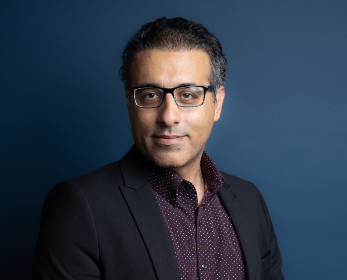Researchers from Edith Cowan University's (ECU) Mineral Recovery Research Centre have successfully demonstrated the direct extraction of rubidium from ore samples supplied by ASX-listed Everest Metals Corporation.
ECU earlier this year executed a research agreement with Everest Metals to study the potential extraction of rubidium from Everest Metals' Mt Edon project, in Western Australia. The first stage of the collaboration involved a small-scale laboratory demonstration of all the processing steps in the recovery of rubidium using advanced processes such as ion exchange.
Rubidium is a critical element for various high-tech applications, including the development of new energy conversion technologies and new communication technologies. Approximately 80% of rubidium is used in the research and development of these fields.
"While we were initially approached to look at lithium extraction at Mt Edon, further evaluation revealed that the Mt Edon deposit has a high content of rubidium. Our discussions then progressed to involve the extraction of rubidium, with lithium as a by-product," said ECU Associate Professor Amir Razmjou.
Compared with the previous methods of extracting rubidium which involves destructive methods and a leaching process, the direct extraction offers a range of environmental and economic benefits.
"Traditional mineral processing is very energy and water intensive. Our aim with the direct rubidium extraction is to lower the carbon footprint of the operation. Our process also allows us to recycle water, which will reduce the water consumption rate for this project," said ECU Associate Professor Razmjou.
"Additionally, the project development would be modular, meaning that the technology is easy to scale up to ramp-up production."
Over the coming months, the ECU researchers will undertake purification work on the rubidium extracted to date.
"We are working towards producing a few grammes of high-grade rubidium to prove the concept of the technology and the extraction process that we have developed. Following that, we will work towards a piloting plant and ultimately a demonstration plant."
While the intellectual property derived under the research agreement with Everest Metals would remain with the company, Associate Professor Razmjou said that there was significant potential to adapt the process to extract other resources in a similar way.
"Depending on the deposit, and the economy of the project, the direct extraction method could be deployed for other types of minerals."

 Compared with the previous methods of extracting rubidium which involves destructive methods and a leaching process, the direct extraction offers a range of environmental and economic benefits.
Compared with the previous methods of extracting rubidium which involves destructive methods and a leaching process, the direct extraction offers a range of environmental and economic benefits.



